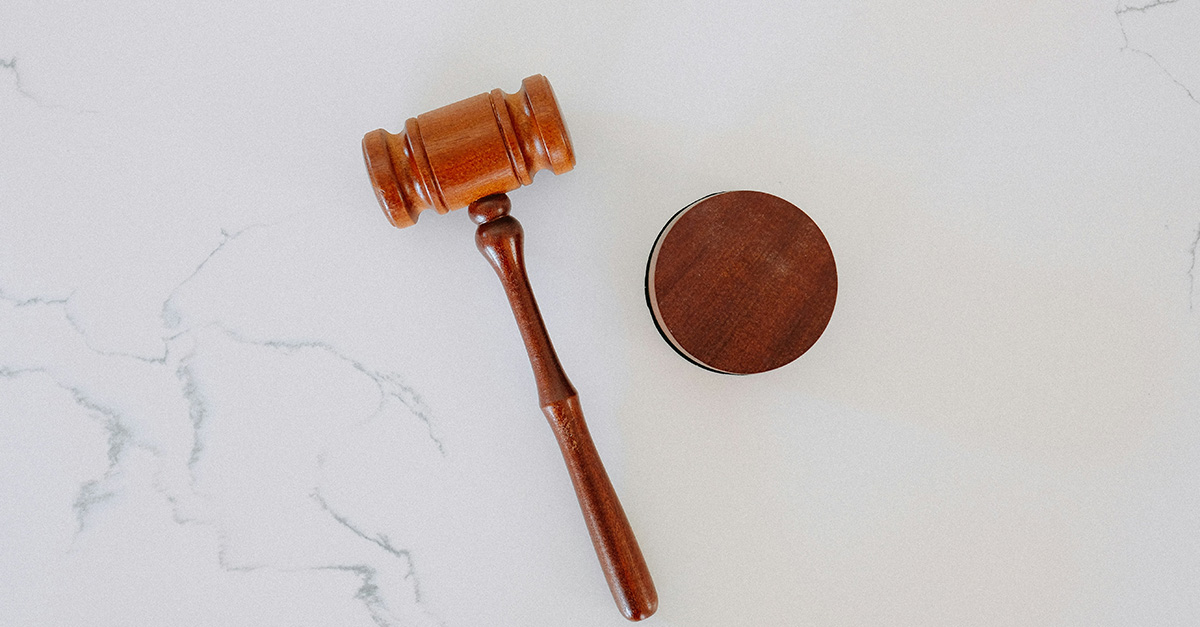This article is intended to provide advice and guidance in circumstances where both parties contract to use the Dubai International Financial Centre (“DIFC”) Courts to resolve their dispute; however, may require the UAE Courts (namely the Dubai Courts) to assist them in interim and final remedies which are commonly available and obtained.
WHAT INTERIM REMEDIES ARE AVAILABLE IN THE DIFC COURTS?
The DIFC Courts can issue interim or injunctive relief to maintain the status quo to avoid, for example, damage to a party, preservation of evidence, dissipation of assets, the ordering of acts to be desisted from or a security for costs application.
The DIFC Courts also provide for a summary judgment procedure where immediate judgment may be obtained where no reasonable or arguable defense has been provided
WHAT INTERIM REMEDIES ARE AVAILABLE IN THE DUBAI COURTS?
The Dubai Courts do not have authority to issue interim or injunctive relief; however, they can issue a precautionary attachment of assets order which, in essence, is the same as interim relief in relation to the preservation of assets. There is no provision requiring a party to provide security for costs and the courts do not make such orders.
In the Dubai Courts, injunctive relief and interim remedies are not generally available, apart from: summary judgment, interim attachment orders and in certain circumstances, the remedies which are only available in the Dubai Courts, as set out below.
Summary proceedings can be issued before the Court of First Instance and such proceedings are intended to protect an existing right. It can include, for example, precautionary attachments such as preservation of assets and travel bans. There is also a mechanism for an ex-parte judgment in payment order cases. The Civil Procedure Code provides for a summary judgment procedure (also termed a Payment Order) where the following apply: (1) the claim is for a specified amount or a movable of a specified type and amount and (2) a creditor’s entitlement to payment is urgent and confirmed electronically in writing.
There is no standard burden of proof that has to be met to apply for injunctive relief and the decision to award interim relief is at the discretion of the court hearing the application.
Mandatory injunctions are not available in the UAE and any application for interim relief is made ex parte (one side only) and often determined on the day that the application is made.
The courts can make provisional orders, for example, provisional attachment of assets to secure a claimant’s claim, if it is satisfied that there is a prima facie case against the defendant for an ascertained sum and a risk that, in circumstances where the order is not granted, the claimant may not be able to enforce any judgment subsequently obtained. The request for an attachment order must include documentary evidence in support and confirm which assets are sought to be attached, as the courts do not grant a general attachment order over unspecified asset.
Federal Law No. 10 of 2014 (as amended) provides that in cases where movables are to be seized, the person who is applying for the attachment order is required to give a description of the items they want to seize; however, the Dubai Courts, can, at its discretion, request several banks or the Dubai Land Department to provide information about the defendant’s properties.
Attachment orders are granted as per the Judge’s discretion and the Claimant must prove the need for attachment with evidence to establish that there is an imminent danger of assets being removed.
WHAT REMEDIES ARE ONLY AVAILABLE IN THE DUBAI COURTS?
In limited circumstances, where there is a serious risk of the defendant leaving the country, the court may make the following orders:
- an order prohibiting the defendant from leaving the country;
- an order requiring the defendant to surrender his or her passport (if the defendant fails to comply, the court can order that the defendant provides a guarantee to secure the claim and that the defendant be detained in custody in the event of failure to comply);
- any criminal related matters.
ENFORCEMENT
Following receipt of a final judgment, the judgment creditor is required to commence execution proceedings in the court where the judgment was obtained.
In the Dubai Courts, the main ways to enforce a local judgment are through:
- attachment and sale of real estate;
- attachment of bonds, shares and stocks;
- attachment and sale of movables;
- bankruptcy proceedings; and
- imprisonment of the defaulting debtor.
In the DIFC Courts, the main ways to enforce a judgment are through:
- a charge over property (a charging order);
- attachment of assets (whether present or future);
- execution against assets; and
- the appointment of a Receiver.
In addition, the Court may make an order of committal for contempt of Court against a judgment debtor, but only if permitted by the Rules of the DIFC Courts.
HOW CAN WE HELP?
Hamdan Al Shamsi Lawyers and Legal Consultants are perfectly positioned to assist our clients in respect of all claims in the DIFC Courts and the Dubai Courts. HAS has three divisions including (1) the DIFC Team (2) the UAE Litigation team and (3) the Corporate team, and currently deals with a network of other law firms around the world including the USA, UK, France, Italy, Germany, Saudi Arabi, Oman, Kuwait, Bahrain, Jordan, Lebanon, China and Australia.







